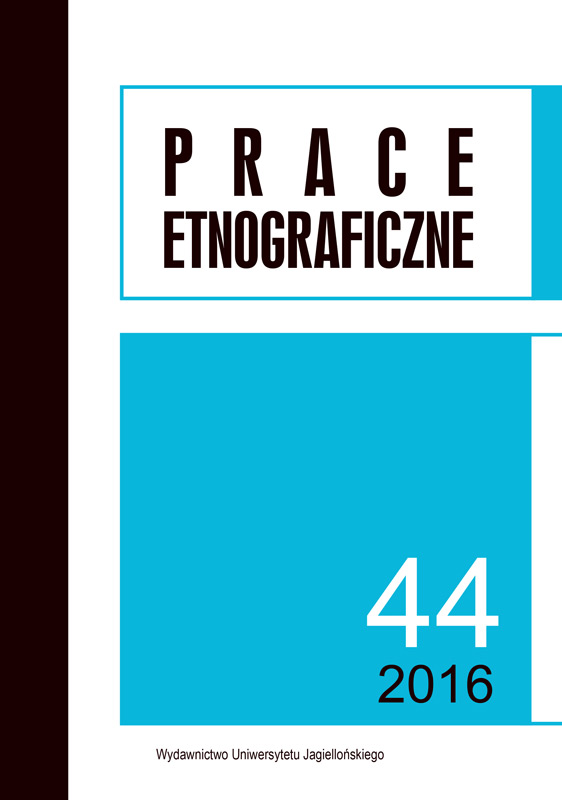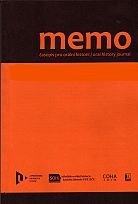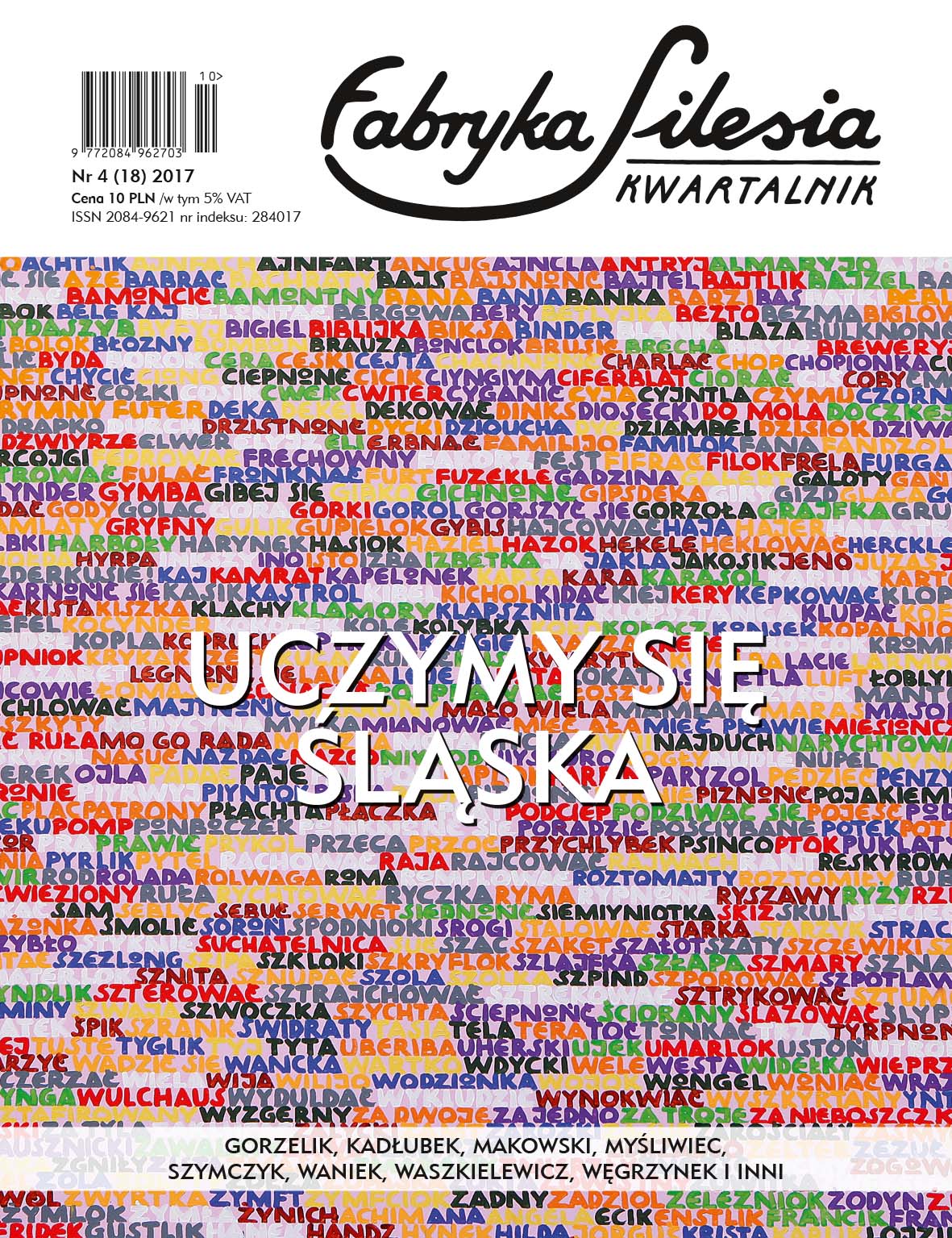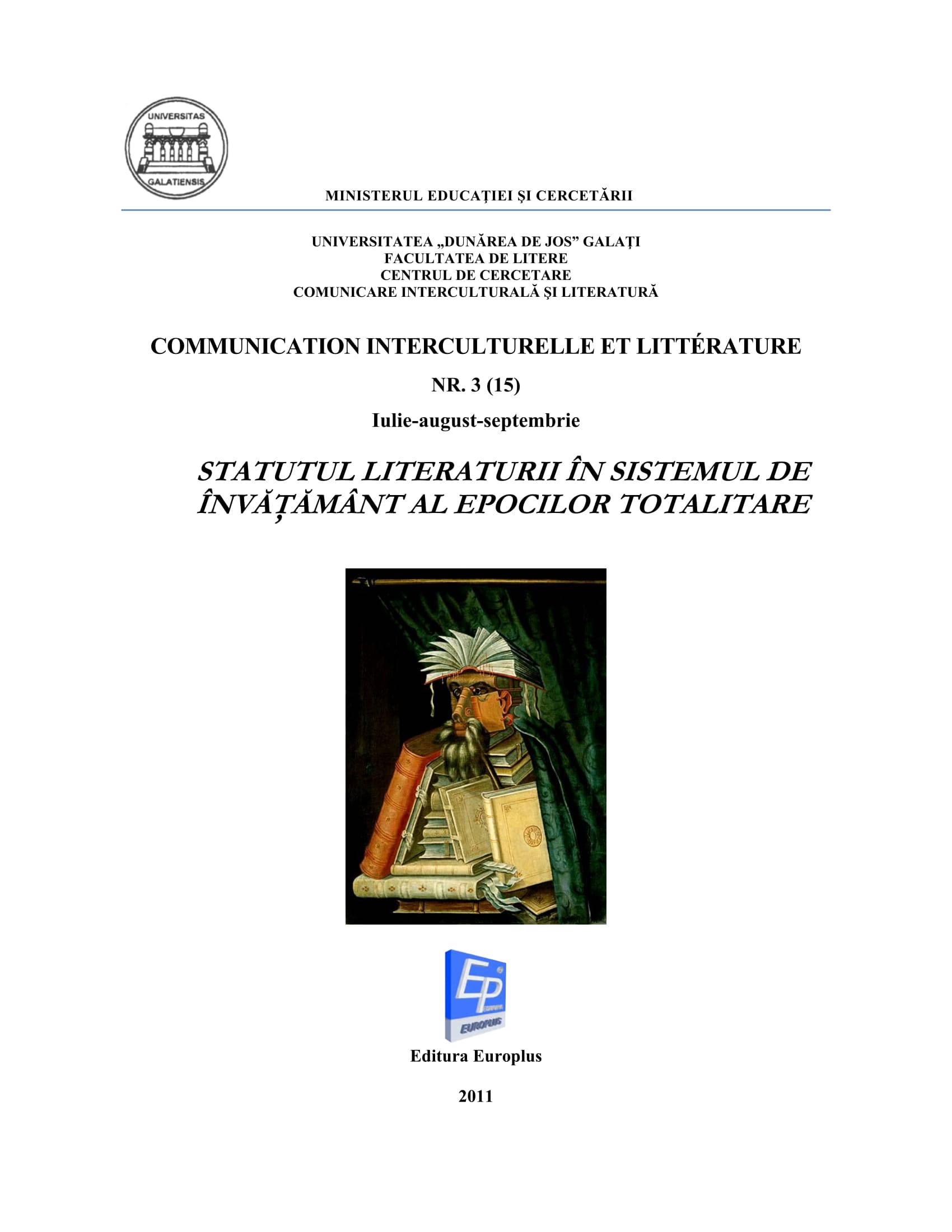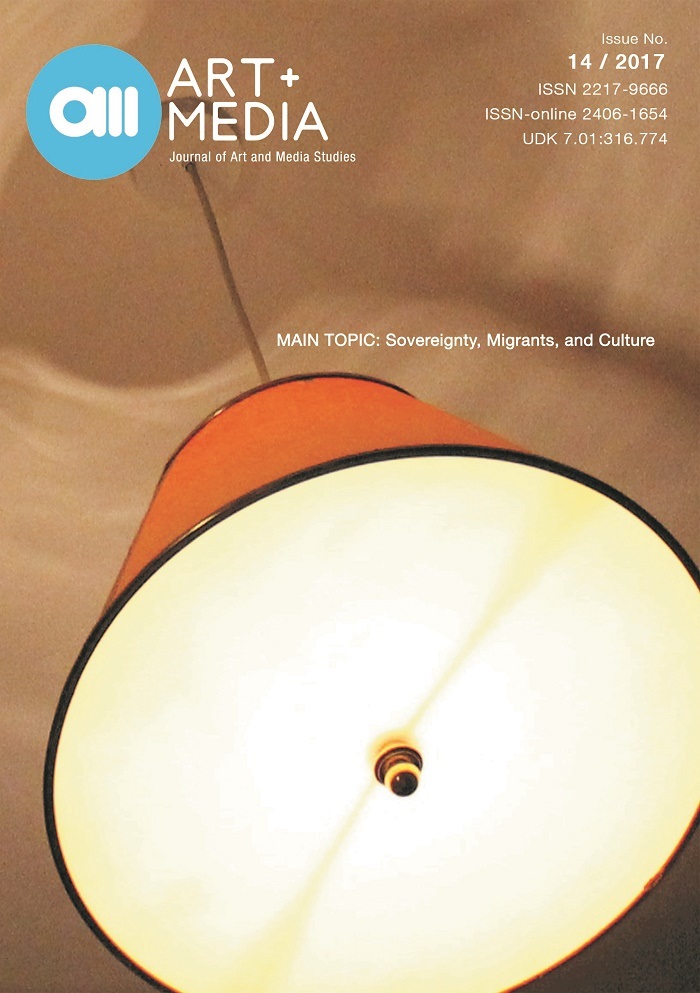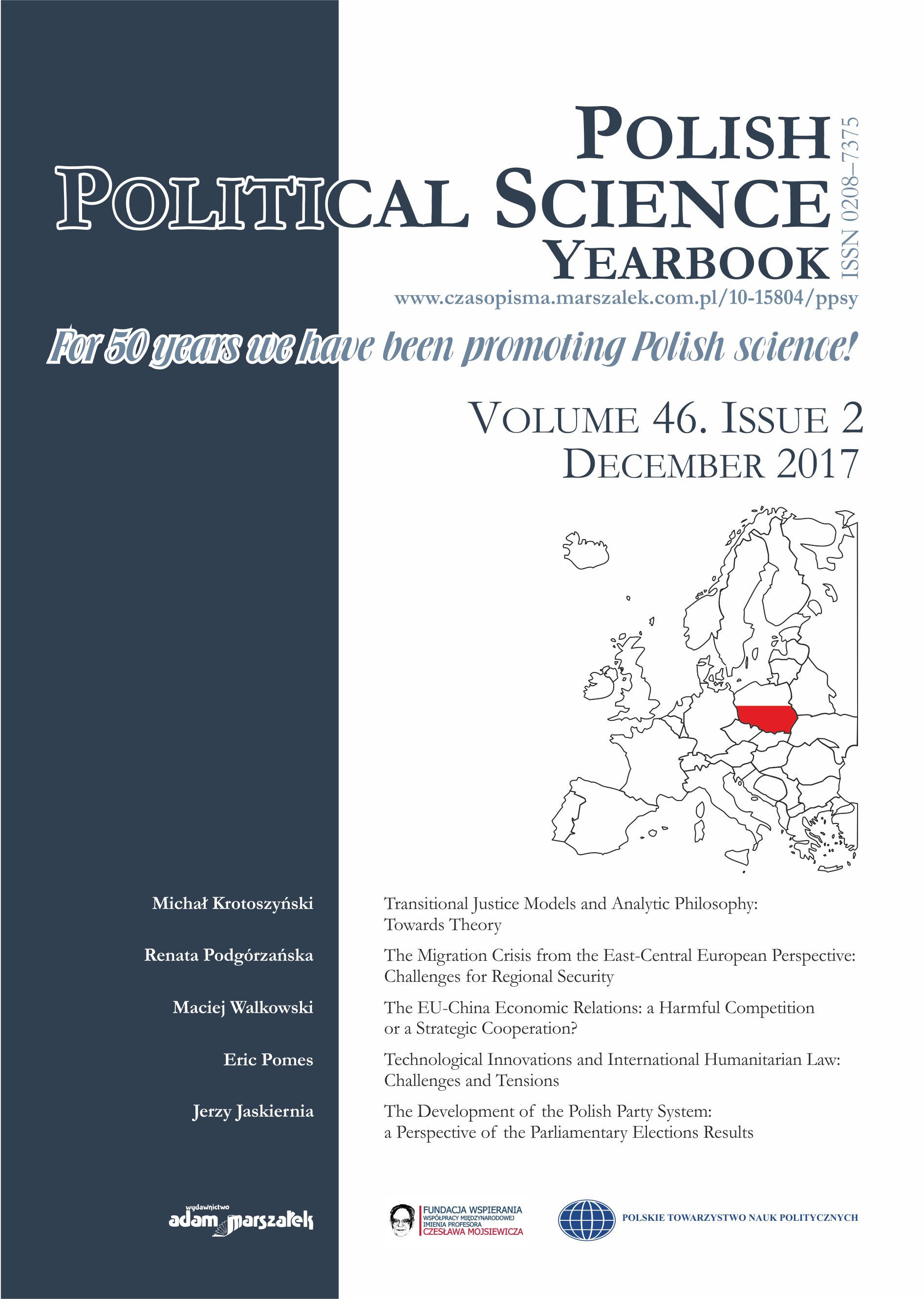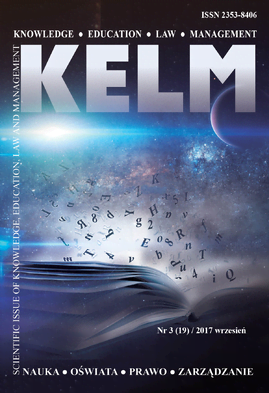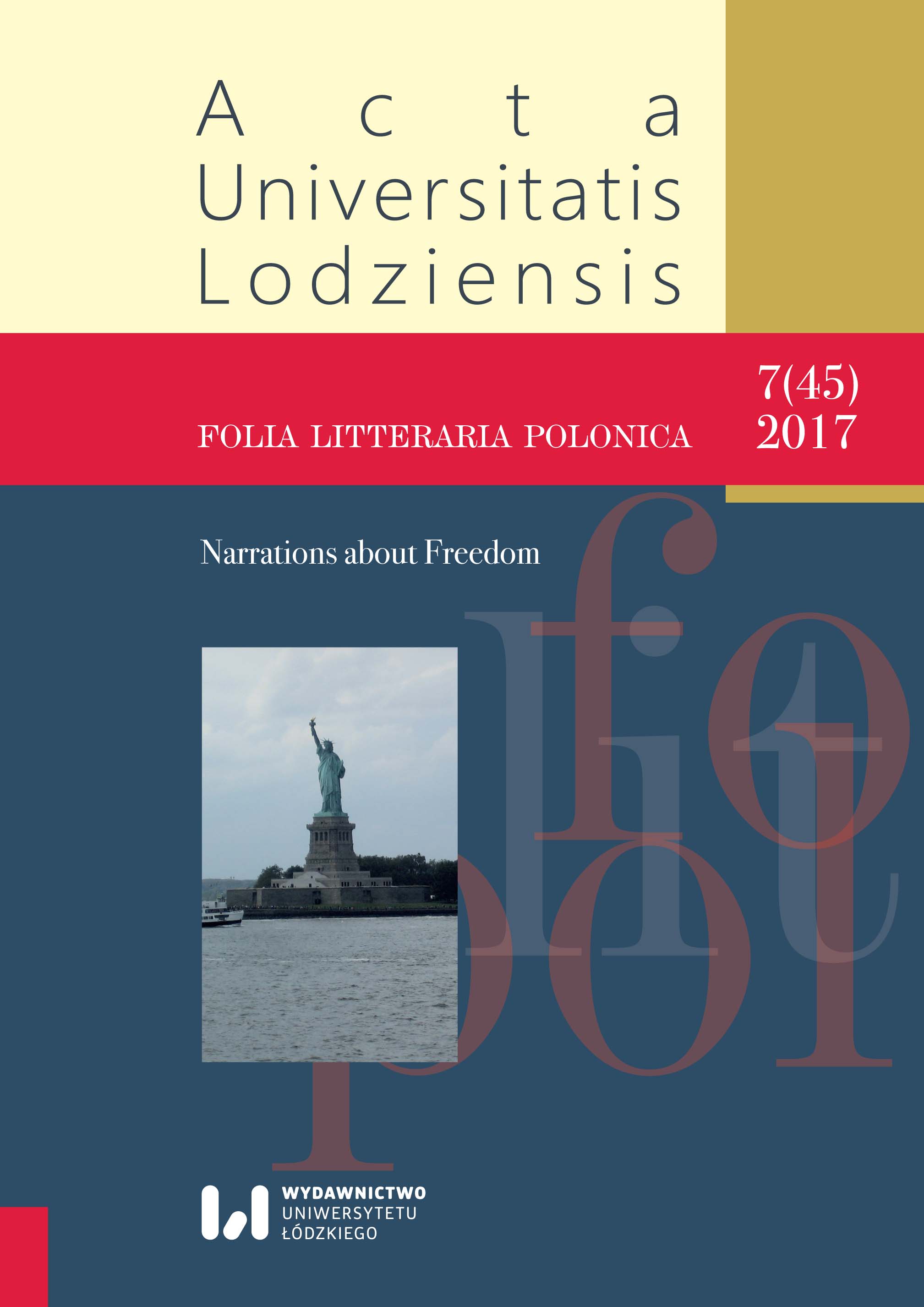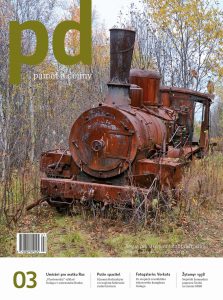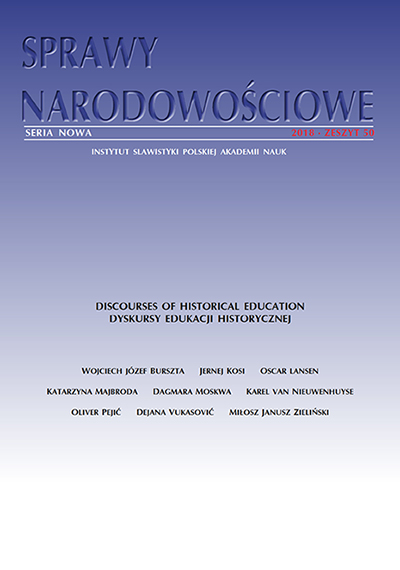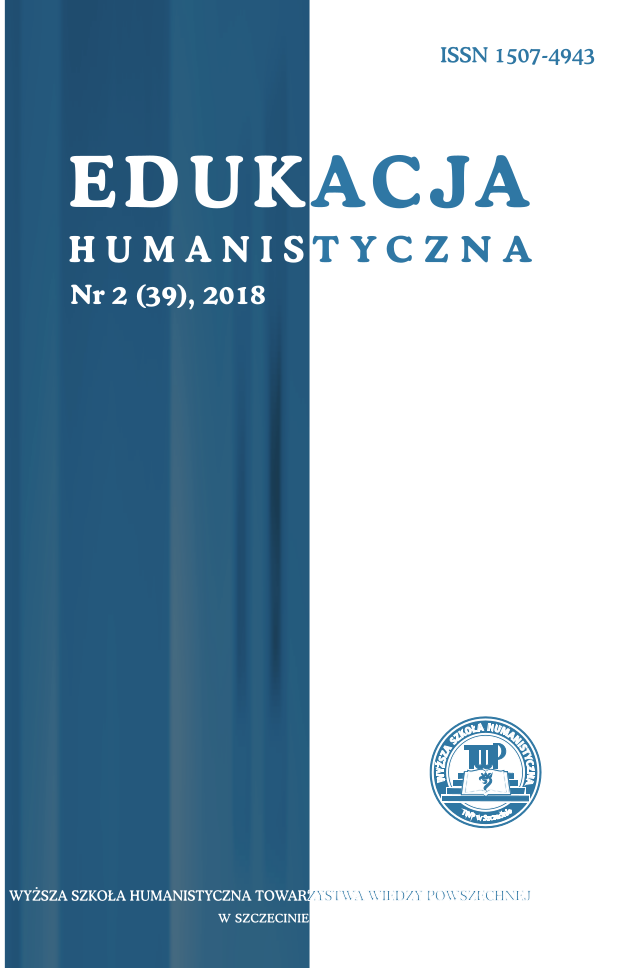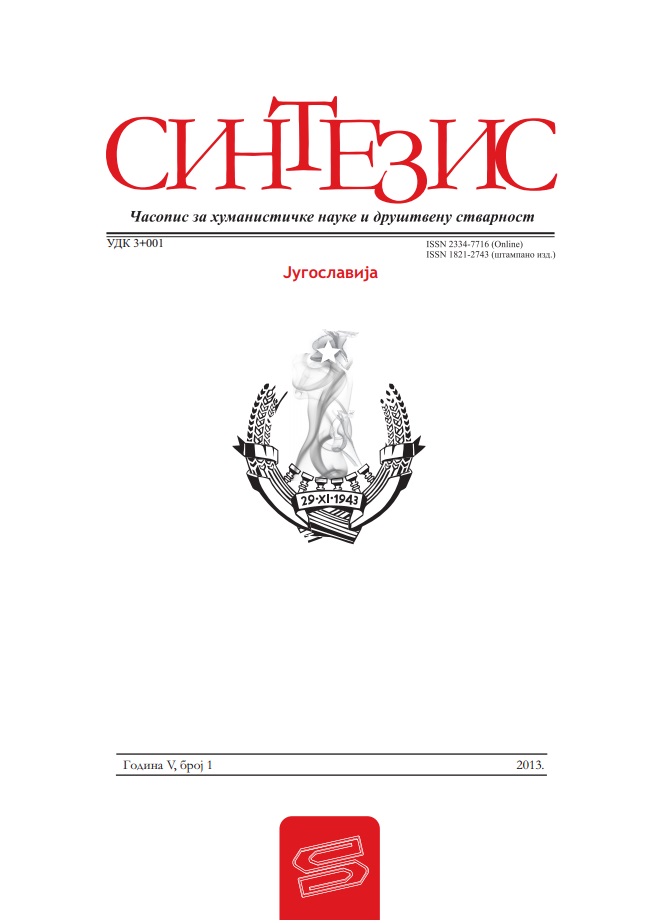
Музеј и/или маузолеј? Сећања која Музеј историје Југославије чува
The main area of interest in this paper is the possibility of the interpretation of the past in a museum, in the particular case the Museum of Yugoslav History, as well as the possibilities of this museum to follow the ideas of patrimonialization, on the one hand, and aspects of the New Museology, on the other, considering the existing collection and visitors who have their own memories regarding the Yugoslav past. Often, people come to “reactivate” their own, personal, memories at this place, which is not strange, because the museum itself was created at first as a representation of the president Josip Broz Tito, and later on, when Tito was buried inside the House of Flowers Mausoleum, the part of the museum complex, the museum became the prominent sign of the commemoration of him. The first part of this papеr is dedicated to the patrimonialization theory, as the main process regarding the museum’s work. Furthermore, the importance of the memory for that process is being recognised, as well as, the differentiation of the two kinds of memory, according to Jan and Aleida Assman – communicative and cultural. The first is related to the personal memories that the witnesses of some historical events share, and the second represents the detachment of the memories from the “living” witnesses, and their transference on the material carriers of the past. These two types of the memory will imply the difference in the determination of the target audience and different ways of the interpreting the past. Second part of this paper is related to the history of the museum, founded in 1962 as a place to store and represent Tito’s numerous gifts. The museum was created as the part of the Tito’s propaganda wanting to emphasize his personality, alongside with other monuments, annual celebrations, etc.. The aim of this propaganda was to create the idea of unity, that remained even after his death. Over the time the museum expands its work on the modern exhibition practices, interpretation of the Yugoslavia related to the concepts of the contemporary museology, however, the problem of the balancing between the two interpretations, the visitors who come to see the resting place of Josip Broz Tito, and the tourists and youth who seek the answers to the question what Yugoslavia was, still remains. Finally, the questions of the interpretation of the Yugoslav past will be asked, mainly through the exhibition “Yugoslavia from the Beginning to the End”, and its critics, from the visitors, but from the people who work in the museum as well, and were related to the creation of the exhibition. Furthermore, the problem of the nostalgia will be introduced and the various uses of it, as well as the “real” nostalgia related to the people who worship their former president, but the “postmodern” one as well, related to the pastiche and contemporary uses of the past.
More...
